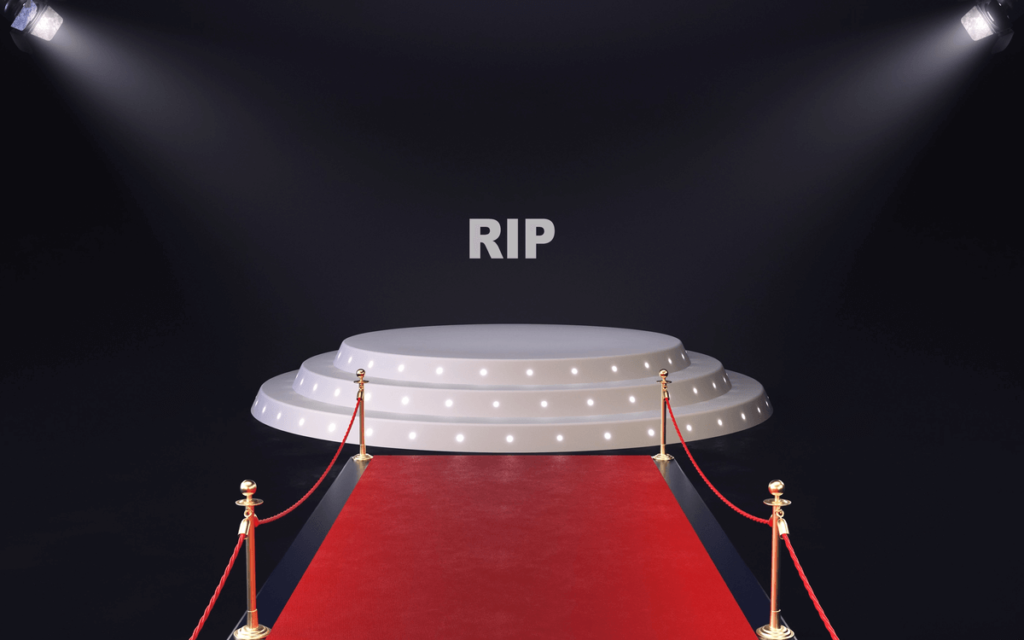May 28, 2022
Good morning. Every Saturday, we write about one specific right that you possess as a citizen in our country. In today’s edition of “Know Your Rights”, we look at personality rights after the death of an individual.
KNOW YOUR RIGHTS – EDITION 41
Post-Mortem Personality Rights

Most of us aren’t going to be world-famous celebrities. Then again, with the internet and social media, it’s become relatively easy if that’s what someone wants. Being well known comes with a lot of baggage. Your name carries weight and can be measured by a commercial value.
Personality rights
With this comes the risk of people or entities using a name or image of someone of note for personal or financial gain. Here, laws like the right to privacy and the right to publicity come into the picture. Broadly, there are personality rights. It’s commonly defined as the rights vested in a public figure who has acquired a reputation. Under Indian law, personality rights aren’t distinctly recognised. It’s interpreted through the rights to privacy and publicity.
The Supreme Court and various high courts have safeguarded these rights. Both the right to privacy and publicity are fundamental rights protected under Article 21 of the Indian Constitution. The apex court held that publicity is an element of privacy and is protected as a fundamental right.
In dealing with anything regarding celebrity or personality rights, the court has broadly stated that it’s still in the nascent stages. The Delhi High court did say celebrity rights are a combination of other rights gained when one becomes a celebrity. However, these rights rest on the concept that the person who is well known earns a living based on the monetisation of their recognition.
There’s another interesting example here. The Delhi High court dealt with a case on a cyber squatter who registered a domain name www.arunjaitley.com. The court criticised the US-based companies for registering the domain name with a personality of note. In its judgment, the court put the use of a personal name on a higher footing than a commercial right.
Personality rights are often looked at on the same terms as property. So they can be traded and need protection against infringements. As Intellectual Property Laws have developed and evolved, recognizing and accepting the Personality Rights of celebrities have as well. In India, statutory protections for personality rights include Trademark law and Copyright law. Now, the word celebrity isn’t defined under the Copyright Act of 1957. However, under Section 2(qq) of the Act, it does define a performer. It includes actors, musicians, singers, dancers, etc.
If the personality dies, then what?
In the context of their rights, what happens when the person dies? The person is no longer alive and isn’t directly benefitting financially or otherwise. The Delhi High court sought to answer this in the wake of the death of actor Sushant Singh Rajput. His father sought to restrict the use of his name or likeness in any future projects or films.
In a limited class of celebrity rights, there are some protections under intellectual property rights, and the person’s likeness and name can be licensed under relevant statutes. In this particular case, his father stated he has these rights even in death. The court noted that publicity right is interlinked to and birthed from the right to privacy. If the right to privacy extinguishes with the human being, the right to publicity would also go away.
Concerning copyrights, the 1957 Act states facts which are historical, biographical, or news of the day can’t be copyrighted since they are part of the public domain. So, anyone is entitled to create content based on events that have actually happened.
Another recent case involves former Tamil Nadu Chief Minister J Jayalalithaa. Her niece Deepa Jayakumar filed a suit in the Madras High court against the director and producer of the film Thalaivi and the web series Queen. She alleged that the filmmakers didn’t have the legal authority to release these without seeking the consent of the legal heirs or family. The suit claims the biopics infringe on the right to privacy.
The court ruled against her. It stated that Thalaivi was based on a book of the same name and the director had the right to adapt it. What the court had to grapple with was the right to privacy against the right to freedom of expression. It tilted towards the latter. However, the court couldn’t decide on the post-mortem personality rights of Jayalalithaa.
Abroad, things are different. Take the state of Indiana in the USA, for example. It gives a statutory right to publicity for the lifetime of the person concerned and for 100 years after their death. In Tennessee, rights are granted for an initial period of 10 years.
With the advancement of AI, Deepfake, and similar technologies, there aren’t just legal considerations but ethical ones also. Machine learning systems are increasingly working their way into everyday lives with moral and social values being challenged. For example, a man created a controversial robot using a website called Project December. The bot would simulate a conversation with his deceased fiancée. Given this and other examples we might come across in the years ahead, the law and courts might need to offer more clarity.

